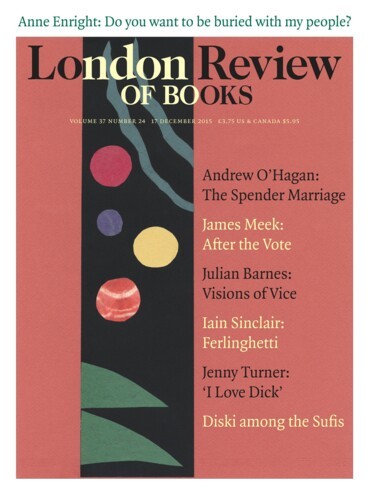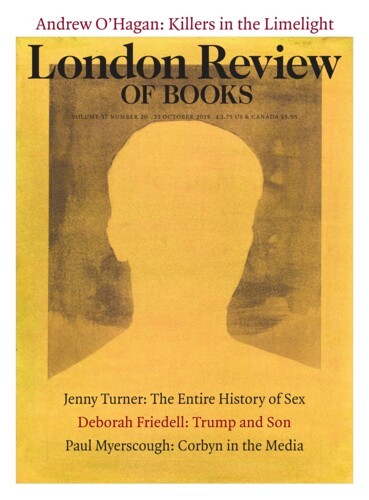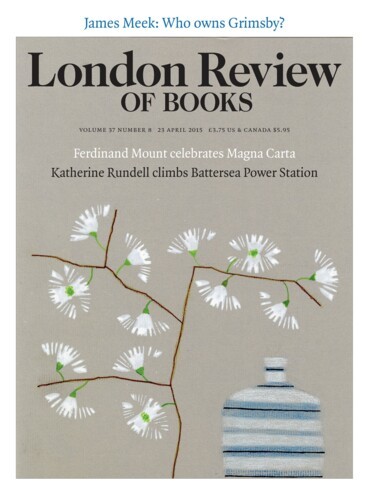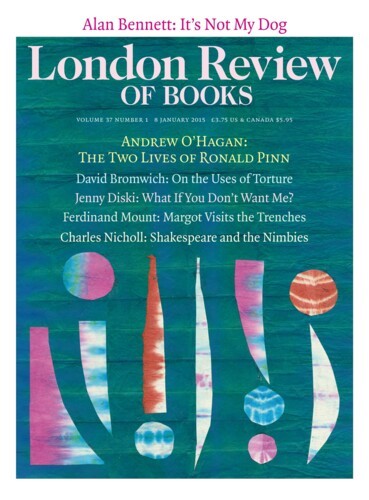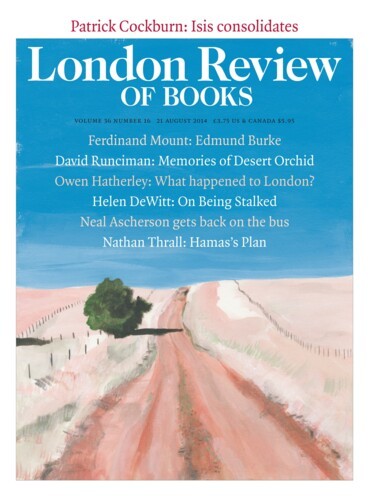Lachrymatics: British Weeping
Ferdinand Mount, 17 December 2015
To weep or not to weep: that has always been a question, repeatedly posing itself, and never answered to everyone’s satisfaction. Crying is such a two-faced thing: on the one hand, we think of it as uncontrollable, like a flinch; we burst into tears, we are racked by sobs. But we know that crying can be wilful too, a deliberate demonstration to the world of how we feel, or how we...
